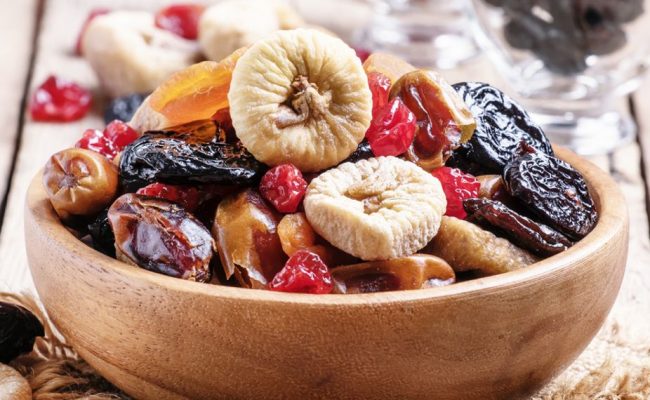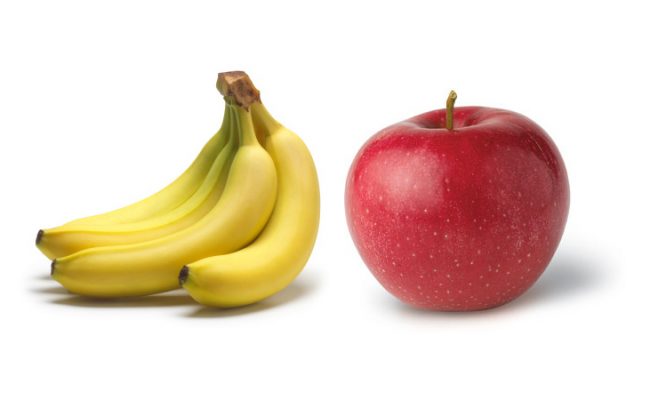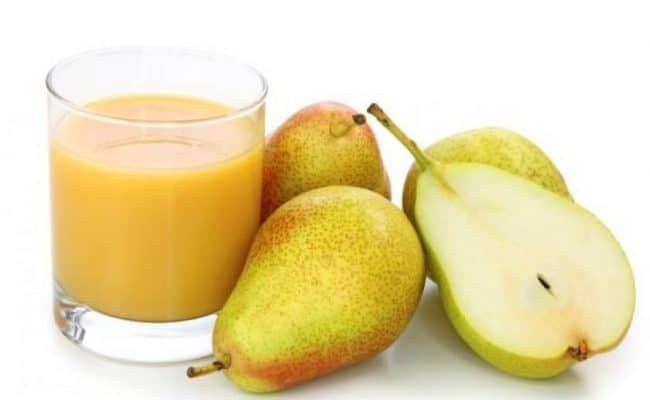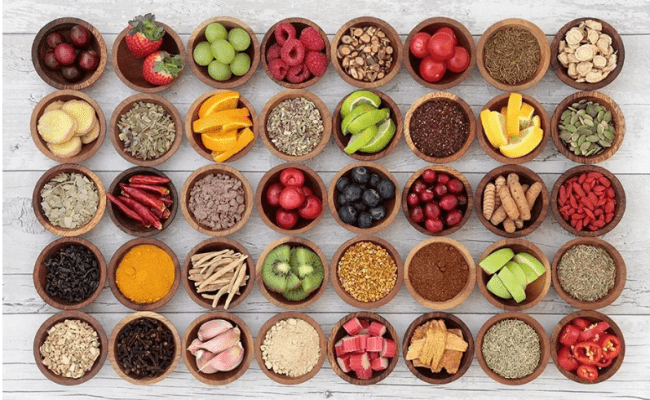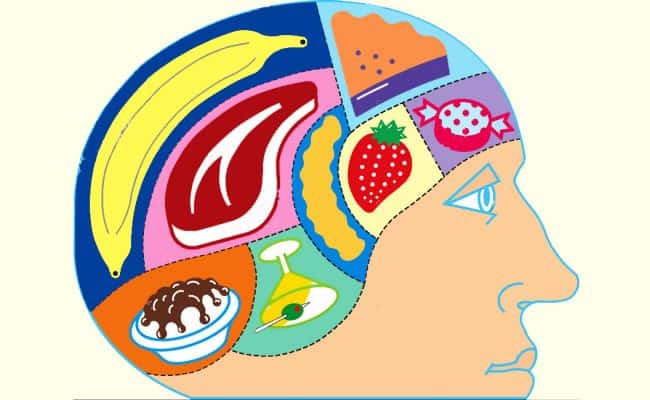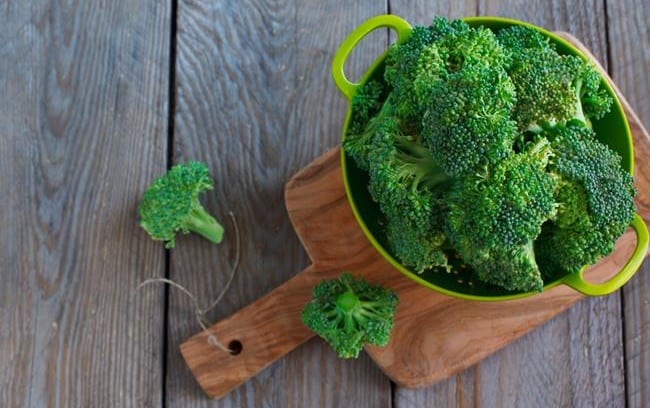
Broccoli has many health benefits including protecting against heart disease, digestive benefits, cancer fighting and anti-inflammatory. Broccoli is part of the cruciferous vegetable family that also includes vegetables such as cauliflower, kale, Brussels sprouts and collard greens.
Broccoli is very nutrient dense; one medium stalk provides about 45 calories. For these low amounts of calories, you get a source of potassium, fiber, protein, vitamin A, calcium, iron and a high dose of vitamin C.
Here is a closer look at specific health benefits broccoli offers and why it may be considered a super food.
Rich Source of Antioxidant
All fruits and vegetables are a rich source of various antioxidants. Antioxidants protect body cells from damage and may help stop the start and spread of cancer cells in the body.
The cruciferous vegetables contain specific antioxidants called sulforaphane and indole-3-carbinol. These antioxidants are thought to act like detoxifiers in the body and lower oxidative stress which is associated with many chronic diseases.
Broccoli also provides the plant source of vitamin A called carotenoid and a high amount of vitamin C, which both act as antioxidants in the body.
Good for Eye health
Orange fruits and vegetables, like carrots, are rich in antioxidants specific for promoting eye health. Surprisingly, broccoli contains these same antioxidants found in orange produce that are helpful for protecting eye sight.
These antioxidants called lutein and zeaxanthin may help lower risk for cataracts and macular degeneration.
Lower cancer risk
Broccoli may help lower the risk for certain cancers including colorectal cancer, according to the American Cancer Society. It is not clear exactly which compounds in broccoli are responsible for fighting cancer cells, and more research is under way to elucidate the association between cancer and broccoli.
Broccoli sprouts have been shown to be especially high in the antioxidant sulforaphane and have been shown in rat studies to lower the rate and size of tumors.
Heart health
Antioxidants from broccoli can help protect cells from damage and lower oxidative stress which is beneficial for lowering risk of cardiovascular disease.
Broccoli is also a source of soluble fiber. Soluble fiber can help lower blood cholesterol levels in the blood. Other sources of soluble fiber include fruit, beans and oats.
However, a word of caution is for eating broccoli and people on blood thinning medication. Broccoli is high in vitamin K, like other green vegetables. Vitamin k is needed for blood clotting.
Speak with your doctor before changing your intake of vitamin k rich vegetables, as eating broccoli may interfere with blood thinning medication.
How cooking affects broccoli
Anytime you boil vegetables, some water soluble nutrients like vitamin C and B vitamins are lost in the cooking water.
Researchers at the University of Warwick also suggest boiling broccoli can lower the cancer fighting compounds in broccoli. Other cooking methods such as microwaving or steaming do not appear to lower the cancer fighting properties or water soluble nutrients in broccoli.
If you normally boil your vegetables, think of switching to steaming or baking to reduce the loss of nutrients in broccoli.
Digestion Problems when eating Broccoli
Maybe one of broccoli’s more unpleasant side effects is that it can produce gas in the digestive tract. Broccoli has a high fiber amount which is beneficial for heart health and bowel movements, but it can cause gas or bloating in some people.
If you suffer from constipation, increasing fiber and fluids is recommended. Eating more broccoli can definitely help you reach your daily fiber recommendations.
Some research also suggests broccoli may help fight off harmful bacteria in the stomach, H. pylori, that is known for increasing risk for stomach ulcers.
Is it a super food?
The word super food does not really have a standard meaning across the health field. However, in general it means a food that is nutrient dense meaning it provides a lot of nutrients compared to how many calories the food has.
Classifying if a food is a super food or not does not have any guidelines, and many different websites classify various foods as super foods.
Most fruits or vegetables based on this definition could be considered a super food, and broccoli would be no exception. Because of the many nutrients broccoli offers with hardly any calories, it is very nutrient dense.
Conclusion
Since broccoli offers so many nutrients, it can be considered a super food. It is full of antioxidants, vitamins, fiber and minerals. Broccoli can offer benefits for the cardiovascular system, digestive system, eye health and may even help lower cancer risk.
Boiling broccoli removes many nutrients, so it is best to use alternative cooking methods like sautéing, steaming, baking or eating raw.
There is no real harm in consuming broccoli unless you are taking blood thinning medication. Talk with your doctor before changing your intake of broccoli if you are on blood thinning medication.
References used in this article
